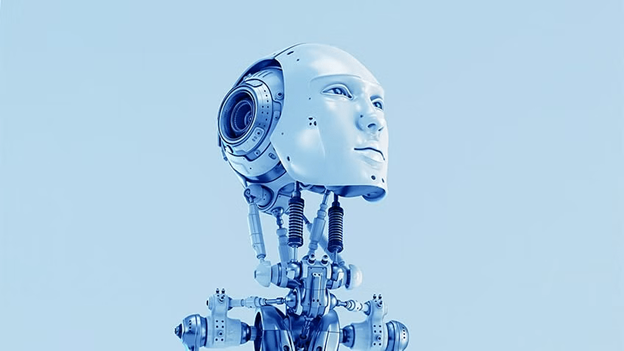Custom GPTs: Shaping the Next Generation of AI Systems

In the realm of artificial intelligence, the ascent of generative models, particularly those from the GPT (Generative Pre-prepared Transformer) series, has denoted a critical achievement. These models have not just exhibited wonderful capacities in understanding and creating human-like text yet have additionally made ready for the rise of Custom GPTs — fitted renditions of artificial intelligence frameworks intended to address explicit issues. This advancement is forming the up and coming age of man-made intelligence frameworks, bringing more accuracy, productivity, and pertinence to different businesses.
What are Custom GPTs?
Custom GPTs are specialised versions of broadly useful man-made intelligence models that have been adjusted or adjusted to succeed specifically spaces or undertakings. Dissimilar to their ancestors, which are prepared on an expansive scope of web text to deal with a wide assortment of undertakings, Custom GPTs center around conveying superior execution in unambiguous regions. This could include legitimate documentation, clinical counsel, exploratory writing, coding, or even client assistance associations.
The Need for Customization
The push towards customization stems from the acknowledgment that while general man-made intelligence models are staggeringly flexible, they frequently come up short on profundity of information required for specific errands. For example, an overall man-made intelligence model could create conceivable clinical counsel, however it wouldn’t measure up to the exactness and dependability of a model prepared explicitly on clinical information and verified by medical services experts.
Also, customization takes into account the control of the model’s results, guaranteeing that they line up with authoritative approaches, lawful norms, and moral rules. This is especially urgent in fields like money and medical services, where mistaken data could have serious repercussions.
Building a Custom GPT
The most common way of making a Custom GPT includes a few key stages:
Characterizing the Degree and Prerequisites: The initial step is to obviously characterize what the custom model requirements to accomplish. This incorporates distinguishing the particular assignments, the kind of language it ought to comprehend and create, and a specific inclinations or points of view that should be tended to.
Information Assortment and Planning: Custom GPTs require preparing on a dataset that is exceptionally pertinent to their expected application. This includes gathering superior grade, area explicit information, which is then cleaned and arranged suitably for preparing.
Model Preparation and Tweaking: Utilizing the arranged dataset, the base GPT model is then adjusted. This interaction changes the loads of the pre-prepared model so it performs better on undertakings intended for the dataset.

Testing and Evaluation: In the wake of preparing, the model is thoroughly tried to guarantee it fulfills the necessary presentation guidelines. This frequently includes both computerized measurements and human evaluators to survey the nature of the results.
Execution and Consistent Learning: When conveyed, the exhibition of the model is ceaselessly observed, and further changes are made in light of criticism and new information. This continuous educational experience assists the model with adjusting over the long haul, working on its exactness and significance.
Applications of Custom GPTs
The potential applications of Custom GPTs are vast and varied:
Healthcare: In the medical field, Custom GPTs can assist with everything from drafting patient information sheets to supporting diagnostic processes. By training on specific medical literature and guidelines, these models can provide support that is both accurate and compliant with healthcare standards.
Legal Industry: Custom GPTs can revolutionise the way legal documents are drafted. By understanding the nuances of legal language and being trained on a vast corpus of legal texts, these AI models can assist in creating contracts, briefs, and even give preliminary legal advice.
Education: In education, Custom GPTs can provide personalised learning experiences, generate educational content, and even interact with students in a tutoring capacity.
Creative Industries: For creative professions, such as writing, music, and design, Custom GPTs can spark creativity by generating ideas, drafting rough content, and providing inspirations based on specific styles or themes.
Challenges and Considerations
Despite their potential, the development and deployment of Custom GPTs come with their own set of challenges. Data privacy and security is a major concern, especially when handling sensitive information in fields like healthcare and finance. Moreover, there is the issue of bias—ensuring the AI does not perpetuate or exacerbate existing biases present in the training data.
Conclusion
Custom GPTs represent a significant advancement in the field of AI, offering tailored solutions that enhance efficiency and effectiveness across various sectors. As these models continue to evolve, they will undoubtedly become an integral part of our digital landscape, reshaping industries and redefining what is possible with artificial intelligence.




